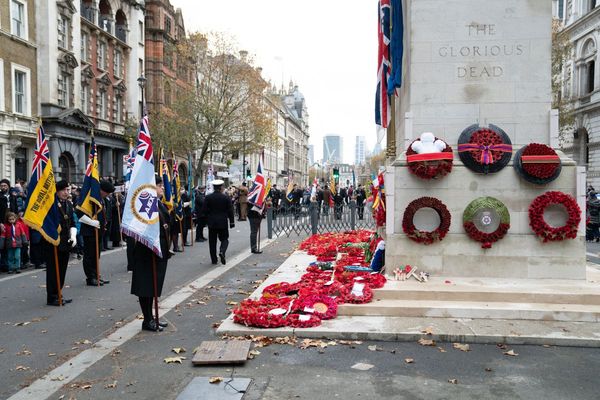
In the town you grow up in, all roads lead home.
I lived out my childhood and adolescence in the same area for 20 years. I can still remember the names of all my neighbours, our post office box number and where to get the best hot chocolate after school. All that has changed – but what hasn’t are the streets.
That country town is no longer the place I “go home” to be with family. My parents have long since moved away, my friends are in other cities. But when I do go back I need no directions.
Recently I passed through on my way back to Sydney. I passed my primary school, the place I’d sat my driving licence test and the DVD store I spent hours in. Things have changed – there are more big brands and fewer quaint shops. I can walk down the street without running into someone I know. But I still know the turns from main roads to the sidestreets and into my old street instinctively. I learned them by rote.
This reminded me how intimately you know where you grow up. Not only do you know the quickest way from A to B and which house has a barking dog, you can give directions in a heartbeat and have memories pegged to park benches where you celebrated the end of exams, or the shop where you saw a celebrity once (Judy Davis was a local).
When I moved to university in the city, I lived on campus for two years, where the only roads you needed to know were the ones to and from class (and, for many, to and from the pub). The beach was just down the road.
I started to get to know the streets. How many different ways could you get there and back? What twists and turns got you nowhere, avoided the hills or took you past a nice house, a hole-in-the-wall cafe or a dog park?
Years after graduating, in the thick of lockdown, my flatmate joked that I must know the name of every street in our suburb – like many, I’d walked them all. I wasn’t doing a daily trip to school but I was learning detours and scenic routes (it’s also a useful way to find great pieces of furniture dumped on the kerb).
Driving across Sydney now I realise I’ve come to know the streets of suburbs I use as weekend getaways. In 20 years they may carry a similar nostalgia to the streets where I grew up.
Navigating the multi-lane traffic on the Harbour Bridge would have once been a nightmare. But now I drive across with ease (and without a GPS).
No longer am I caught out by the two lanes that become one. I know where to stop for cheap petrol and where to find good coffee. On foot I can take an unexpected turn and still end up where I thought I would. I feel at home.
“Going home” is now visiting my parents, where that feeling doesn’t lie in the streets but in pictures on the walls, furniture we have kept and the warmth of the fire in winter – something I’ve been lucky to have in every family home I’ve lived in. I know the streets well enough to change up a walking route and not get lost when I visit, but not well enough to drive from suburb to suburb without navigation.
If you’re lucky your old haunts will remain places you can visit. You may scowl at how the new owners of your family home have wrecked the front garden or find that the pothole you always swerved to miss on the way to school has finally been filled.
But on the new roads you call home, there will always be another bump to look out for. In time you’ll learn to miss it.







